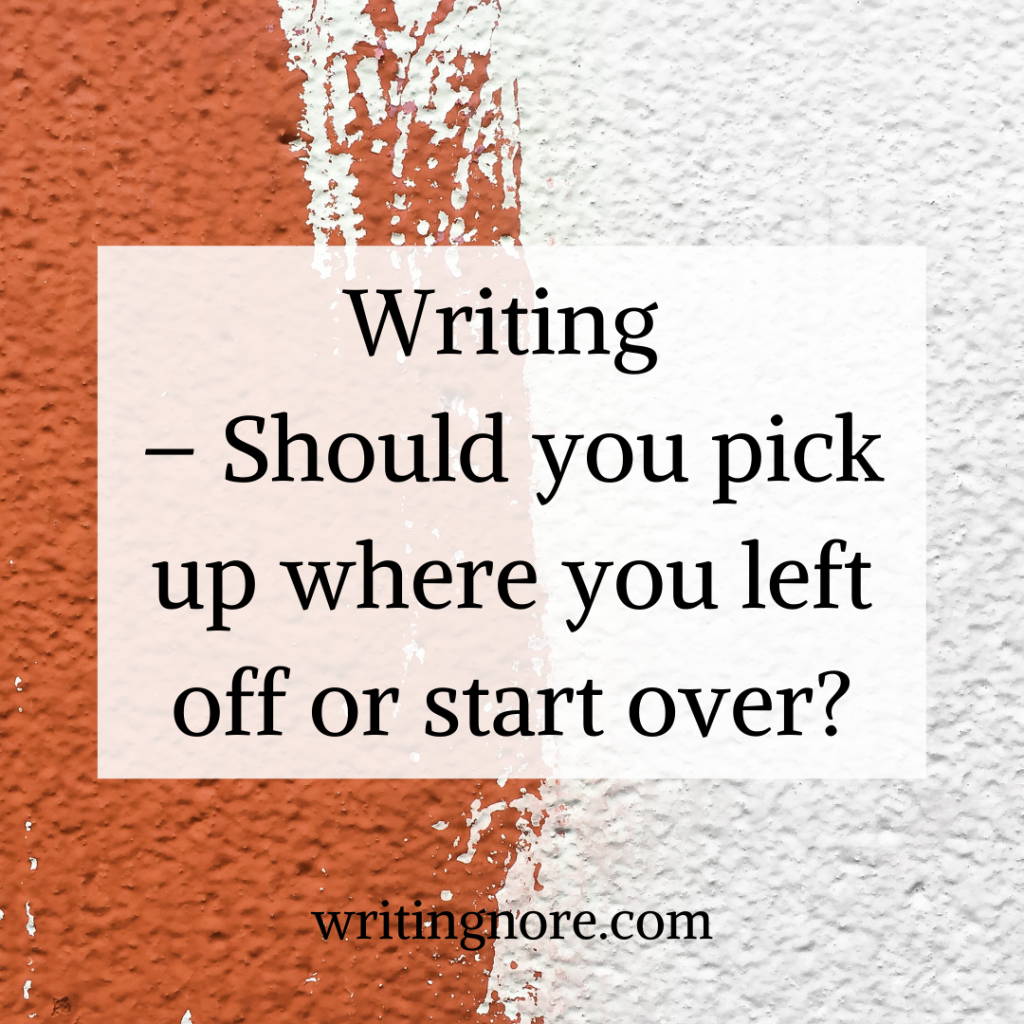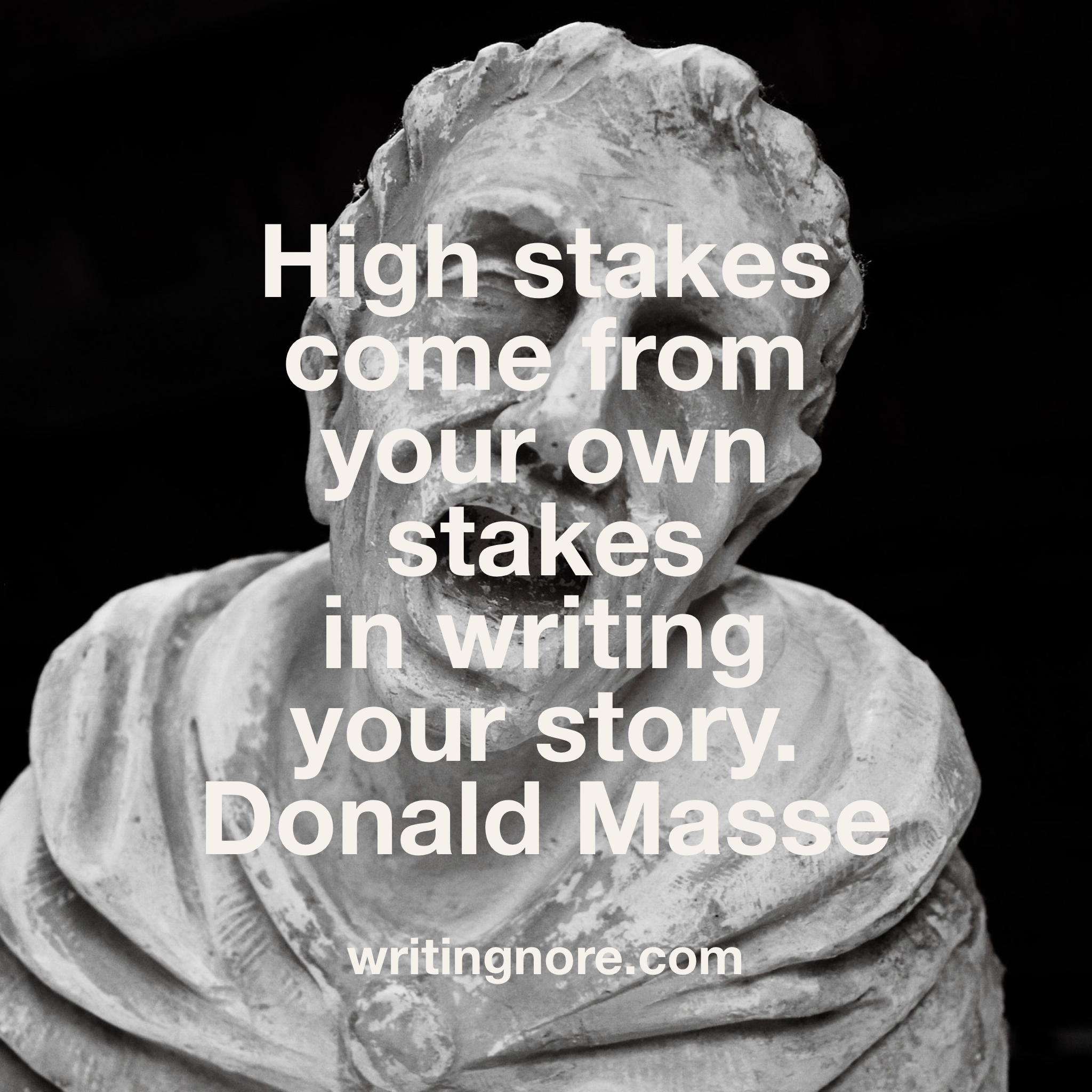
My second novel is 40,000 words in. I began writing it in 2010, and since then have added sections in spurts, mainly in 2017.
In 2022, 11 years on and 5 years since I last added anything significant, I’m determined to finish a solid first draft.
But should I start again?
An old friend of mine wrote an award-winning novel in two parts, and they read very differently. I liked the second half much more than the first, and didn’t feel it worked to have two markedly varied styles in the same book (yet clearly others didn’t mind).
Some things I’m considering:
- My writing has evolved, significantly improving since 2010 and 2017 (you’d hope so!)
- While the story line is the same, the theme has deepened to consider current events
- I was never happy with the voice of the main child character. For me, voice takes several drafts to get right, so this may not require me to start over. Hmm…
- Yet I also feel I know the main character better, who is inspired by my parents and some of their experiences during WW2
- I’m wondering if I should change the point of view to more authorial, from one person to two or more. But this has always been a dilemma I’ve needed to act on
- It’s a bit of a mess because I’ve written it in fits and starts
I think the answer is clear for me. I need to ditch the other work out and begin again. I also did this with my published novel, Gunfire Lullabies, which I wrote in three very different drafts. This came to me after having heard about process writing The Narrow Road to the Deep North, which I still thought was quite fractured.
My main reason?
- The theme – The other aspects I can correct with some rewriting / editing, but having an altered theme changes everything – syntax, style, plot, point of view and character even, as I now want them to represent something additional
What’s your experience of picking up a story you’ve partly finished?








